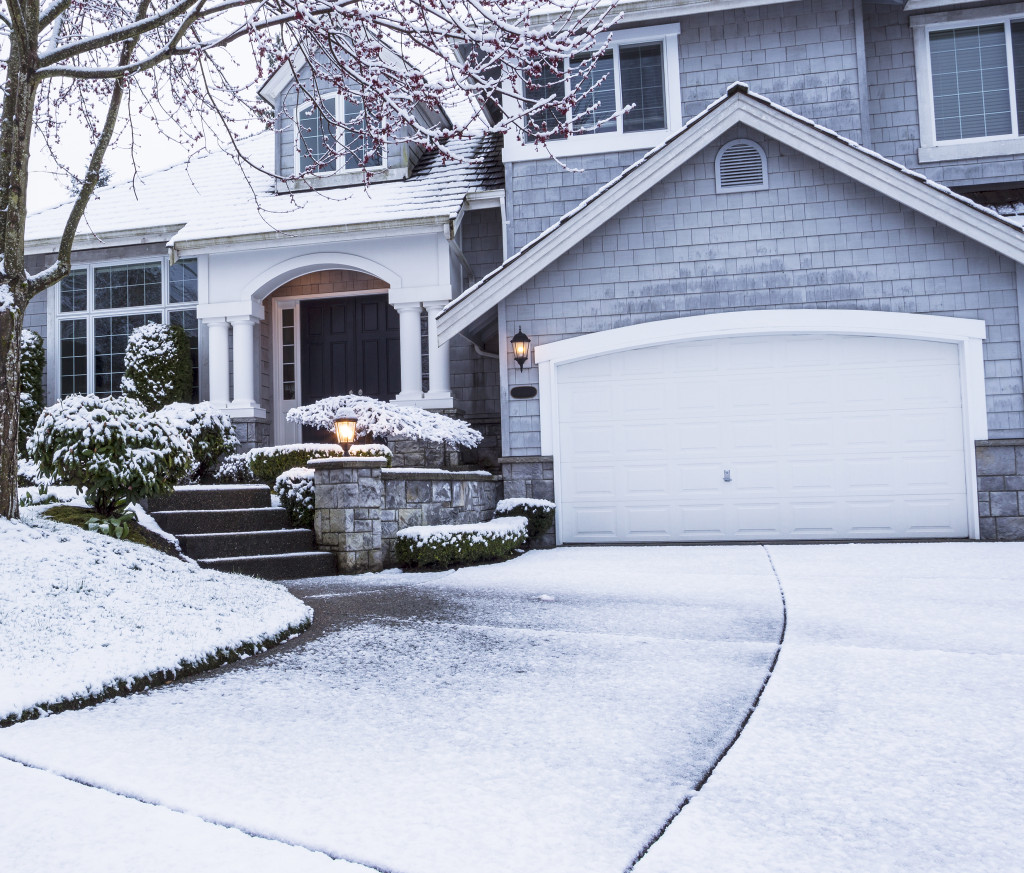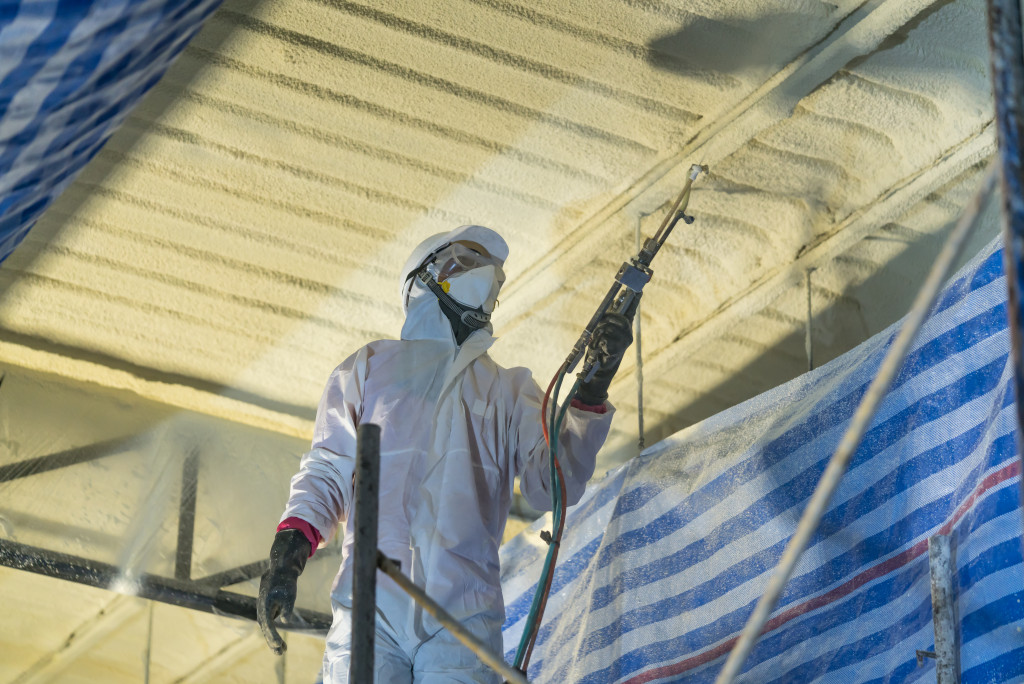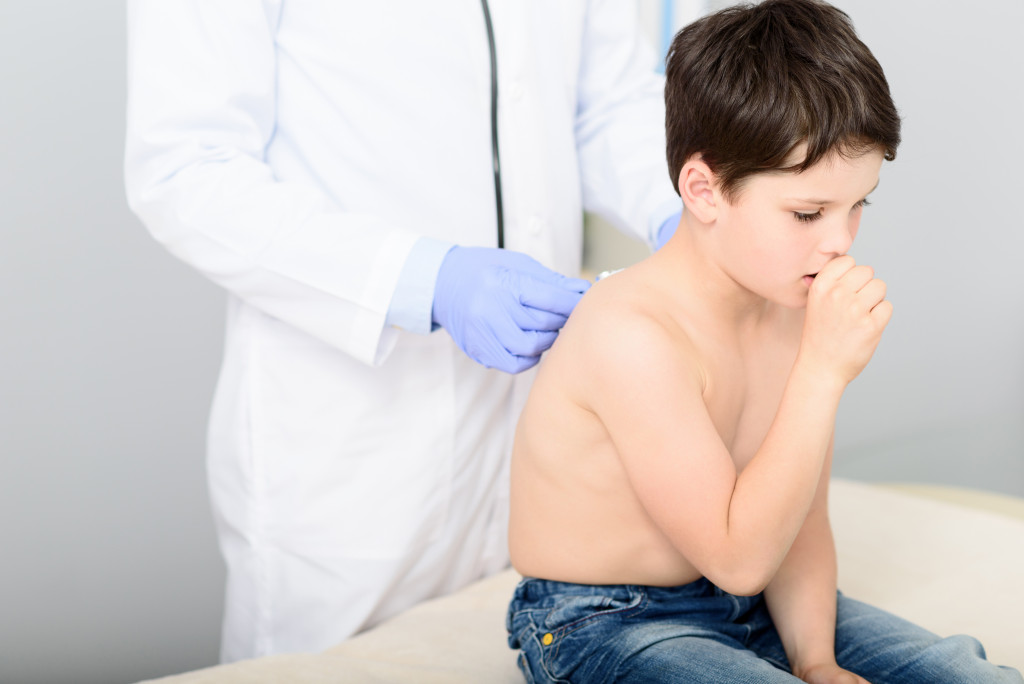- Types of pneumonia include viral, bacterial, mycoplasma, and aspiration pneumonia.
- Common causes of pneumonia include cold weather, poor living conditions, cigarette smoke, and underlying medical conditions.
- Symptoms of pneumonia in children can range from mild to severe, including a cough, fever, and difficulty breathing.
- Prevention methods to reduce the risk of pneumonia in children include insulation, vaccines, hygiene, a healthy diet, and avoiding exposure to tobacco smoke.
- Parents should talk to their child’s doctor about any concerns regarding their health and take preventive measures to protect them from developing pneumonia.
As a mom, one of the most difficult things to handle is when your child gets sick. It can be overwhelming, stressful, and scary. Pneumonia in children is a common illness and can lead to serious consequences if not treated promptly. Therefore, it’s essential to know the reasons behind your children’s pneumonia so that you can take the necessary steps to prevent it. Here’s what you need to know about pneumonia and how to prevent it.
Type of Pneumonia
Pneumonia is a serious illness that is exceptionally dangerous for children and adults alike. There are different types of pneumonia, and understanding your child’s pneumonia depends on the cause of the illness. The most common types of pneumonia in children are viral, bacterial, mycoplasma, and aspiration pneumonia.
A virus causes viral pneumonia, while bacteria cause bacterial pneumonia. Bacteria cause mycoplasma pneumonia that a simple blood test cannot detect. In contrast, aspiration pneumonia occurs when your child inhales foreign objects, such as food, vomit, or other substances that enter the lungs.
Common Causes of Pneumonia
Pneumonia can be caused by several factors, with most pneumonia cases arising due to a viral or bacterial infection. Here are four common reasons:

Weather
It’s been found that colder weather can cause more pneumonia cases in children and adults. This is because cold temperatures suppress the immune system, making it easier for viruses and bacteria to invade a person’s body.
Living Conditions
Poor living conditions, such as overcrowding and poor hygiene, can increase the risk of your child contracting pneumonia. When people live too closely together without proper ventilation or sanitation, their chances of catching an infection are much higher.
Cigarette Smoke
Second-hand cigarette smoke can also increase the risk of your child developing pneumonia. The chemicals in tobacco products, such as nicotine, are very harmful to young lungs and can make them more susceptible to infections like pneumonia.
Underlying Medical Conditions
Finally, certain underlying medical conditions can also put your child at risk for pneumonia. These can include asthma, cystic fibrosis, and heart disease. If your child has any of these conditions, it’s essential to make sure they are closely monitored and receive appropriate medical treatment.
Symptoms of Pneumonia
The symptoms of pneumonia in children can be serious and range from mild to severe. Common symptoms of pneumonia in children include a cough, fever, chills, chest pain, and difficulty breathing.
The symptoms may include irritability, vomiting, and high fever in young children. Children with weakened immune systems may also experience more severe symptoms and require medical attention immediately. Anytime your child exhibits symptoms of pneumonia or any other serious illness, you should immediately seek medical attention.
Prevention of Pneumonia
There are several ways parents can help prevent pneumonia in their children. Here are five ways to prevent pneumonia among children:

Insulation
Your home’s insulation is responsible for keeping your home warm and cozy during cold weather. Ensure your home’s insulation is current and there aren’t any gaps or leaks in the walls, windows, or doors. Consider hiring a local insulation company to check your home’s insulation system. This way, you know that your children are warm and cozy in their rooms.
Vaccines
One of the best ways to prevent pneumonia in children is through vaccines. Vaccinations against common illnesses like the flu can also help protect your child from contracting pneumonia. Talk to your child’s doctor about which vaccines are best for them and their health.
Hygiene
Make sure that your children practice good hygiene to avoid the spread of viruses and bacteria that can lead to pneumonia. Teach them proper handwashing techniques, and remind them not to share drinking glasses or eating utensils with others. You should also ensure they keep any cuts or scrapes clean until they have healed completely.
Healthy Diet
A healthy diet is important in helping prevent many illnesses, including pneumonia. Try to fill your child’s plate with lots of fresh fruits and vegetables full of vitamins and minerals that will help boost their immune system against infections like pneumonia.
Avoid Tobacco Smoke
Finally, exposure to second-hand smoke is hazardous for your child’s health. Try to keep them away from areas where people are smoking whenever possible. This will help reduce their risk of developing pneumonia and other serious illnesses.
Pneumonia in children can be a severe illness, but with the proper knowledge and preventive measures, you can protect your children from this condition. Be sure to talk to your child’s doctor about any concerns and follow the tips outlined above for preventing pneumonia in children. Leave no stone unturned regarding your child’s health; it could save their life!
